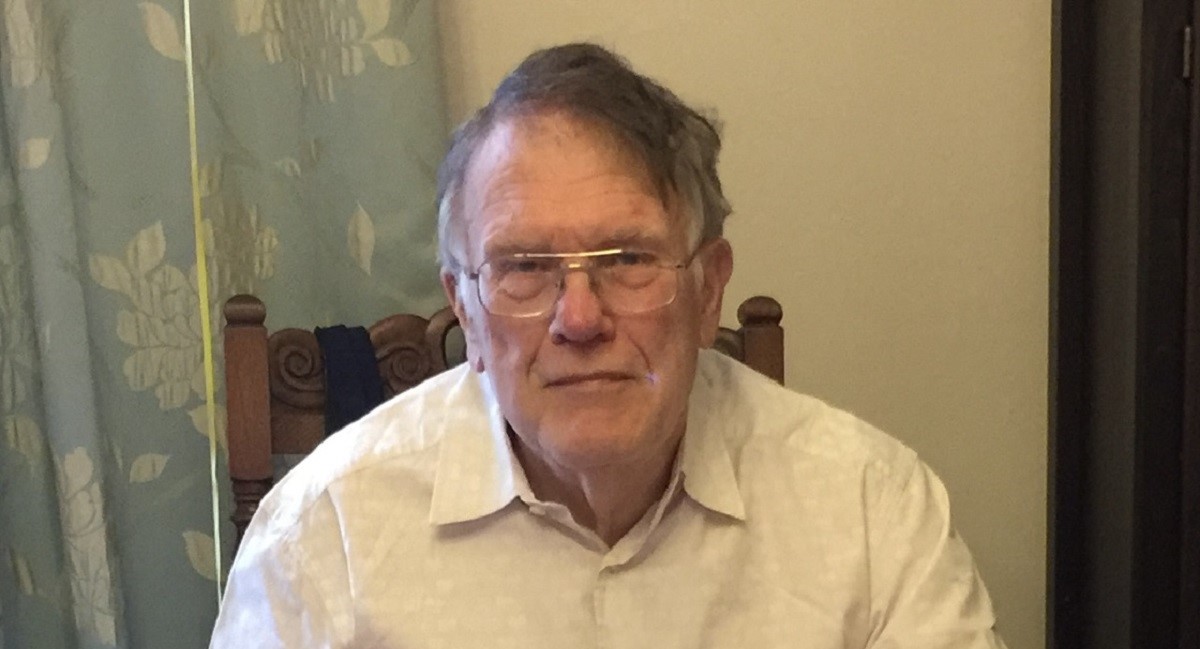--------------------------------------------------
In memoriam
Professor Emeritus Michael (Mike) JHC Doenhoff,
BSc, PhD, DSc, FIBiol,
16 April 1946 – 18 October 2024

One of the world’s leading schistosomiasis researchers of the past 50 years and author of over 200 publications has died at the age of 78.
Mike Doenhoff was a member of the WHO technical advisory group on anthelminthic drug efficacy and an adviser on schistosomiasis diagnostics.
He was a kind, generous man, a larger-than-life character with a strong sense of values and of doing the right thing.
Mike started his career studying microbiology at the University of Reading from 1964 to 1967 where he graduated with first-class honours. He immediately took up postgraduate studies in immunology at the Institute of Cancer Research, London, securing his PhD from the University of London in 1970. This was followed by the award of a prestigious postdoctoral fellowship from the Medical Research Council, with Mike continuing his research at the Institute of Cancer Research/Royal Cancer Hospital. Mike moved to the London School of Hygiene & Tropical Medicine (LSHTM) as a Research Fellow from 1975 to 1990. In 1990, he moved as Professor to the University of Wales, Bangor, where he became Professor Emeritus in 2001. In 2006, Mike moved to the University of Nottingham, an affiliation he retained until his passing.
At LSHTM, Mike turned his immunology expertise to the study of parasitology, with a focus on the immunology of schistosomiasis. An important early contribution was his demonstration of the immunological dependence of parasite egg excretion. Mike demonstrated that host immune responses enhanced the efficacy of several schistosomicidal drugs, with evidence suggesting that drug-induced damage to parasites in the blood was synergistic with immune-mediated damage to parasites.
Mike advocated strongly for the need to develop methods for monitoring drug-susceptibility in African schistosomes to ensure that praziquantel remained effective for as long a time as possible.
Regarding diagnostics, he contributed to work on the detection, purification and characterization of schistosome antigens from larvae, adult worms and eggs, for use in diagnosis. He also worked on the potential for immunoassays in detecting antibodies reactive against schistosome egg antigens, with the potential for use in both clinical and epidemiological settings.
A longstanding member of the British Society for Parasitology, Mike supported many early career researchers, including directly supporting 25 PhD students and indirectly supporting and advising many, many more.
He will be missed by his family, by the schistosomiasis and wider parasitology communities and by the many people he collaborated with throughout his impressive career. Mike is survived by his wife, Judy, and three children.
--------------------------------------------------
